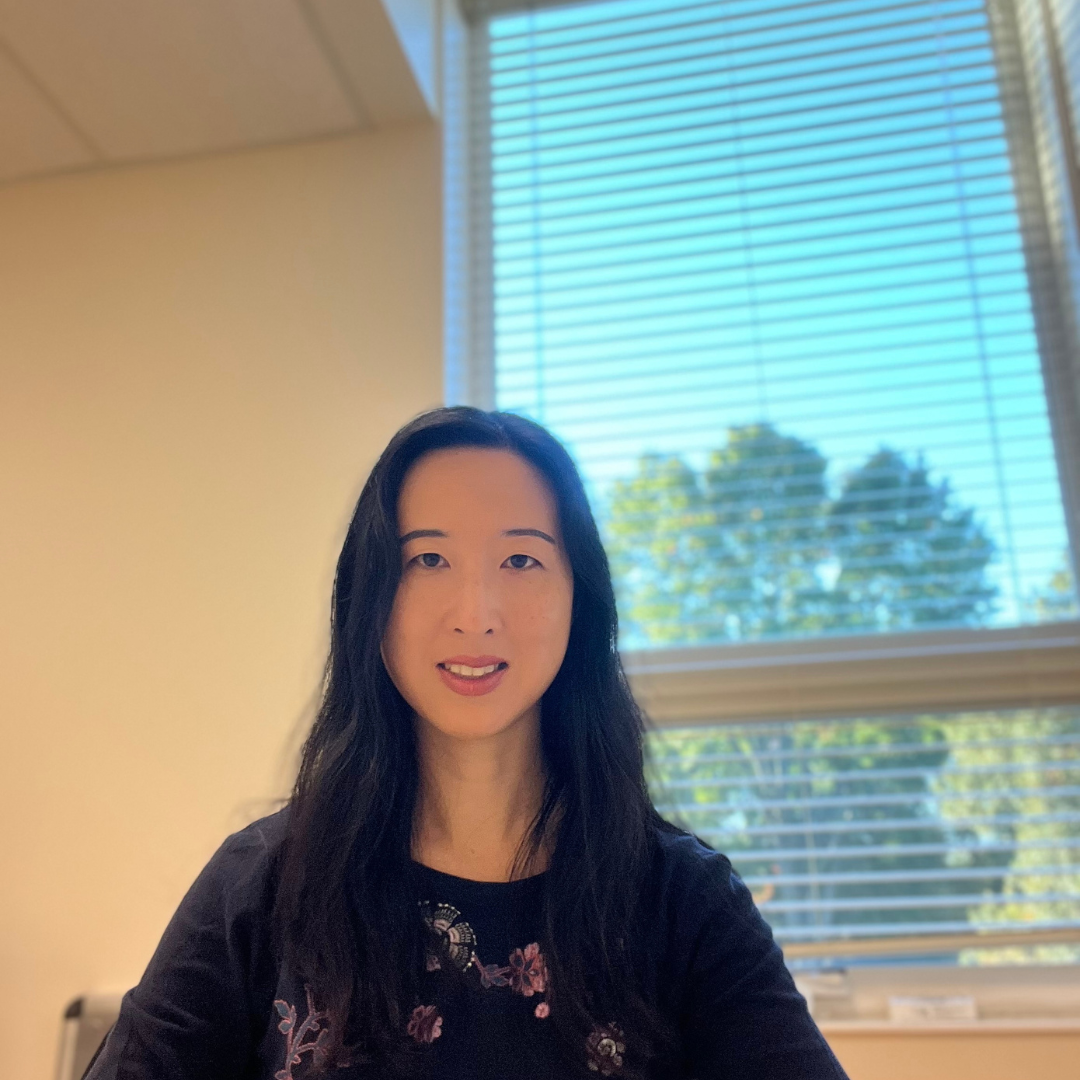Celebrating National School Psychology Week: Q&A with Dr. Sharon Huang

November 3-7 is National School Psychology Week. During this week, we recognize the school psychologists who support students' learning, health and well-being. To celebrate, we did a Q&A with a few school psychologists to learn more about their work and what makes this role so rewarding.
How long have you been with MCPS?
I have been with MCPS for 13 years and 3 months!
What inspired you to become a school psychologist? Is that what you wanted to be when you grew up?
When I was younger, I had never heard of a school psychologist and actually wanted to be an artist or a musician. However, during college and afterwards, I developed an interest in learning about the brain, language, and psychology, as well as information technology. I worked at my college helpdesk, and after college, as an information technology specialist at a non-profit that supported at-risk kids. It was then that I began researching fields that combined my interests in psychology, problem-solving, and creativity, as well as the value I placed on education. School psychology seemed like the perfect fit for me.
What’s something surprising you’ve learned from working with students?
One surprising thing that I’ve learned from working with students is that you can never be prepared for what they might say or do, no matter how much training or experience you’ve had! I love their honesty, humor, and curiosity, and they often teach me as much as I teach them. Every student interaction reminds me of how motivated and resilient students can be when they feel heard.
What’s a small thing students or teachers can do daily that makes a difference for mental wellness?
One small but meaningful daily habit that makes a difference for mental wellness is to take a deep breath, slow down, and pause. There is so much pressure in society to always be doing, that we sometimes forget about just being. Breathe, pause, notice how you’re feeling, and notice what is around you: this mindful awareness can strengthen your ability to be resilient.
What’s something you do that makes a difference for your mental health?
Since I devote so much time to caring for others, both as a parent and a psychologist, I always make an effort to engage in daily self-care. I like to take a walk outside every day; being in nature (especially right now, with the gorgeous fall foliage) grounds me and enables me to reset so that I’m in a better space to support my own children and students and staff at my school.
What’s the most rewarding part about being a school psychologist?
The most rewarding part about being a school psychologist is being able to serve diverse roles. I view myself as an educator, leader, evaluator, child advocate, consultant, and counselor, and each of these roles hold deep meaning and value for my school and community. I believe that wearing many hats enables me to view a child holistically and to work collaboratively with various school teams and parents, which leads to the best possible outcomes for students. Of course that means I am always busy, but being a school psychologist is never boring!
